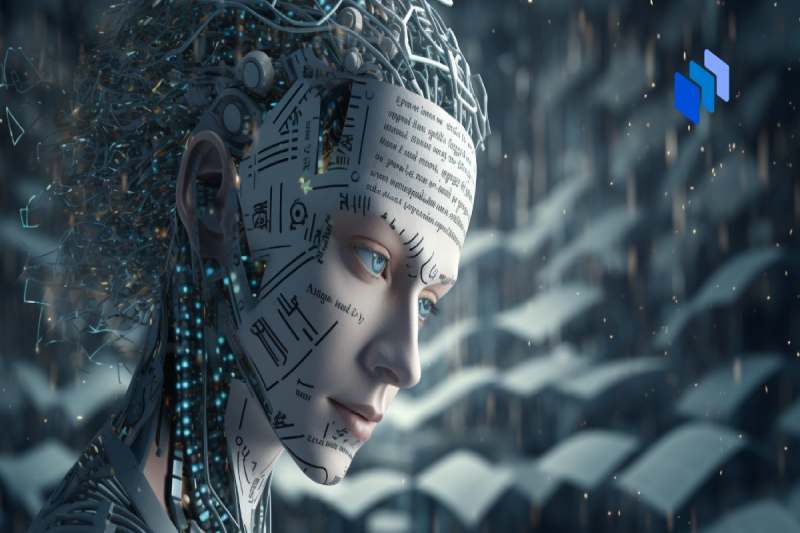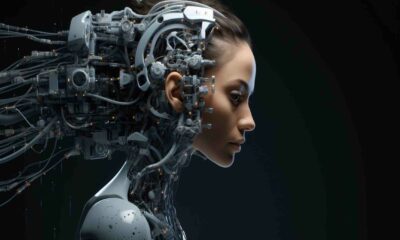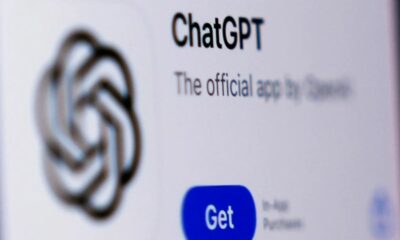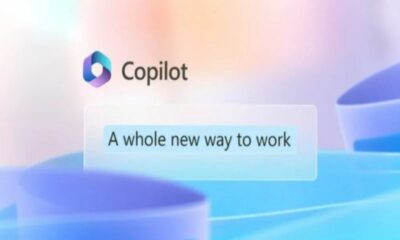Even in an era of expensive borrowing and high interest rates, many business executives are voting for software engineers in the specialized contest between capital and software engineers. Will this change in the future with generative AI?
Software engineers are more valuable than capital, according to 62% of software and talent leaders surveyed for the 2023 Tech Hiring Trends report by technical interviewing company Karat. Software engineers are now valued at least three times their total compensation, according to 55% of respondents, up from 45% in 2022.
“Finding the right engineer that fits the right company in the right stage can amplify it greatly,” said Arjun Bhatnagar, co-founder and CEO of consumer privacy company Cloaked who has a lengthy background in software engineering.
As with many positions, generative AI may change the nature of work for software engineers or even their value to companies. According to the latest Generative AI at Work report from future-of-work software and media brand FlexOS, 17% of knowledge workers report using generative AI at work to automate coding and software development tasks.
The use of AI tools like ChatDev, screenshot-to-code, and “GPT for coding,” according to FlexOS founder and CEO Daan van Rossum, also serves as host and writer of the “Future Work” podcast and newsletter, portends a time when the distinction between technical and non-technical workers will become increasingly hazy.
According to the most recent bi-annual CNBC Technology Executive Council survey, businesses from all sectors of the economy intend to increase their spending over the next six months on generative AI software, such as Microsoft Copilot. In a different survey, conducted by CNBC and SurveyMonkey among thousands of American workers, nearly three-quarters of those who have used AI report being more productive as a result of the technology, but they are also more concerned about their job security.
Van Rossum stated, “Even the best engineers will be valuable until they are not.” He asserts that although AI is becoming more adept at coding, problem-solving and creativity will always be vital human abilities.
According to Lareina Yee, senior partner at McKinsey, which is now implementing its own large language model, Lilli, for tens of thousands of employees, “I don’t think software engineering is going out of fashion anytime soon.”
Yee, who chairs the McKinsey Technology Council, acknowledges that the rise in software applications and technology enablement across industries has led to a high demand for software engineers as a talent category over the past ten years. “We probably still don’t have enough software engineers, but we might be able to feel less of a shortage with generative AI,” the speaker stated.
AI as a powerful instrument
AI excels in so-called labor-intensive software tasks, like code generation, code refactoring, code documentation review, and modernizing legacy programming languages. “You may be able to use your AI as a power tool for your software engineers,” Yee said. “They can do the things that provide the innovation, the insight, the judgment.”
McKinsey’s analysis confirms this. According to its research on generative AI’s productivity for developers, AI can cut the time needed for basic tasks like code documentation in half, but the amount of time saved drops off as tasks become more complicated. Examining code for errors and bugs, adding organizational context, and navigating challenging coding requirements are examples of complex tasks.
“I think we have to put a huge caveat that this is all what the technology can do today,” said Yee, recognizing the fast pace of innovation.
The number of people visiting Stack Overflow, a well-liked website for programmers, has decreased as AI apps have become more integrated into professionals’ work processes. Some claim that traffic will drop by as much as 35% in 2023, but Stack Overflow disputes that statistic by explaining cookie recategorization in detail and claims that traffic decreased by only 5% annually. This may provide more proof that software engineers’ daily workloads are being reduced by AI.
What will companies do with the free time that their software engineers might have? Businesses could take care of their backlog, give innovation top priority, restrict the need for staff expansion as they grow, or take any other number of options.
Yee stated there isn’t a correct response to this. “AI is not going to draft you the answer of what you’re supposed to do. This is truly leadership experience and judgment,” she continued.
Bhatnagar, however, thinks that the best way to make the most of that time is to brainstorm, innovate, and create new solutions. He said, “You’re as good as your worst person.” “Your entire company will innovate from that point on if the worst person also has time to innovate.”
According to Jeff Spector, president and co-founder of Karat, low-value boilerplate code will not be prioritized over creative aspects of development, such as problem comprehension and solution design. According to Spector, “their focus will be on integrating other concerns like security, privacy, usability, or performance.” “It enables them to somewhat elevate the work they accomplish on a daily basis.”
Workplace churn and satisfaction in tech engineering
By improving job satisfaction, the advancement of this work may reduce employee turnover in the software engineering industry.
McKinsey’s study included a measure of developers’ job satisfaction both before and after generative AI was implemented. Before applying generative AI, 15% of respondents said they “strongly agreed” with the statement “I felt happy” at work; afterward, 50% said they did. In the same period, the percentage of respondents who strongly agreed to be in a flow state increased from 25% to 44%.
Bhatnagar is certain that both software engineering and technical engineering in general will change over time. He believes that all engineering specialties will combine into two groups: deep scientists and creative problem solvers. In the midst of all the innovation, he claims that “someone who is passionate about creative problem solving or can go down the track to becoming a better scientist” will be the employee who survives in the field.


 Entertainment3 weeks ago
Entertainment3 weeks ago
 Entertainment2 weeks ago
Entertainment2 weeks ago
 Entertainment2 weeks ago
Entertainment2 weeks ago
 Entertainment3 weeks ago
Entertainment3 weeks ago
 Entertainment3 weeks ago
Entertainment3 weeks ago
 Entertainment3 weeks ago
Entertainment3 weeks ago
 Entertainment3 weeks ago
Entertainment3 weeks ago
 Entertainment2 weeks ago
Entertainment2 weeks ago














